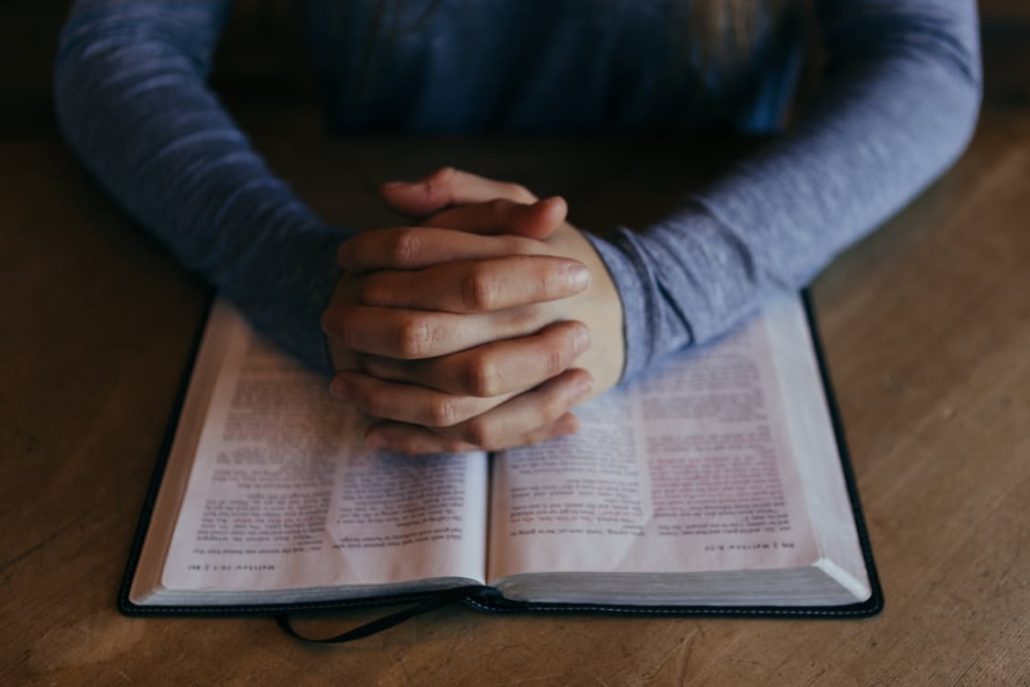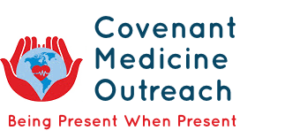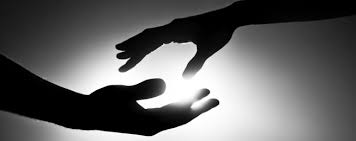“Good works?” Not so fast.
Something happened.
A slap of the hand, cold water thrown in my face, a shot across the bow and the realization that all that I have been doing needs a refocus. These things called “good works”, the things we do when we go on medical mission trips, are all “good”, and we are “blessed” to be able to do them. We share the stories, we talk about the successes of treating a disease that had never been diagnosed, of giving nutrition to the malnourished child, of bringing health back to those who have never known health and we bask in the glory of it all. We are blessed. But not so fast.
What is enough?
A pastor from Scottsdale Bible Church were we attend, gave me a book to read called “The Pressure’s Off” by Larry Crabb. People come into our lives for a variety of reasons, bringing with them insight to an issue, an awareness of oneself and more. He did just that. I had become quite the self-centered person and needed a dressing down. All the “good works” had become the focus of my life under the pretense of being God directed. A hiccup in my life changed that focus. In the book, I learned that God’s blessings are things that we ask for, and when we get them, we say “see how God answers my prayers”, and when we don’t, we say “what am I doing wrong.” That is a life of asking and expecting God to give us when He may not get anything in return. So how about another way to look at “good works”? What if we simply search for God’s presence, bask in Him, live for Him and give Him our attention and love unconditionally, and never expect any blessings in return and that the only thing that we would get out of this “relationship” is a love that is beyond comprehension? Would that be enough for us? I am learning that it is indeed so.
Preparation.
As we prepare for our trip in a few days, we look to the “good works” that we will be doing for those who come to us for help. But here is the charge I give you: it is not going to be about the “good works” that we will do. It will be about the relationship that we will have with God, each of us in our own way that will set the foundation for our presence with those who come to us. It will be about how we commit ourselves to Him, to bask in His presence, and to feel the Holy Spirit in our hearts. I leave you with the very first line of a prayer that I learned when I went on a retreat called a Walk to Emmaus: “Come Holy Spirit, fill the hearts of the faithful and kindle in them the fire of Your love.”
Let your hearts be filled as we prepare for this medical mission.
In all things give thanks,
David

man reading bible, praying

